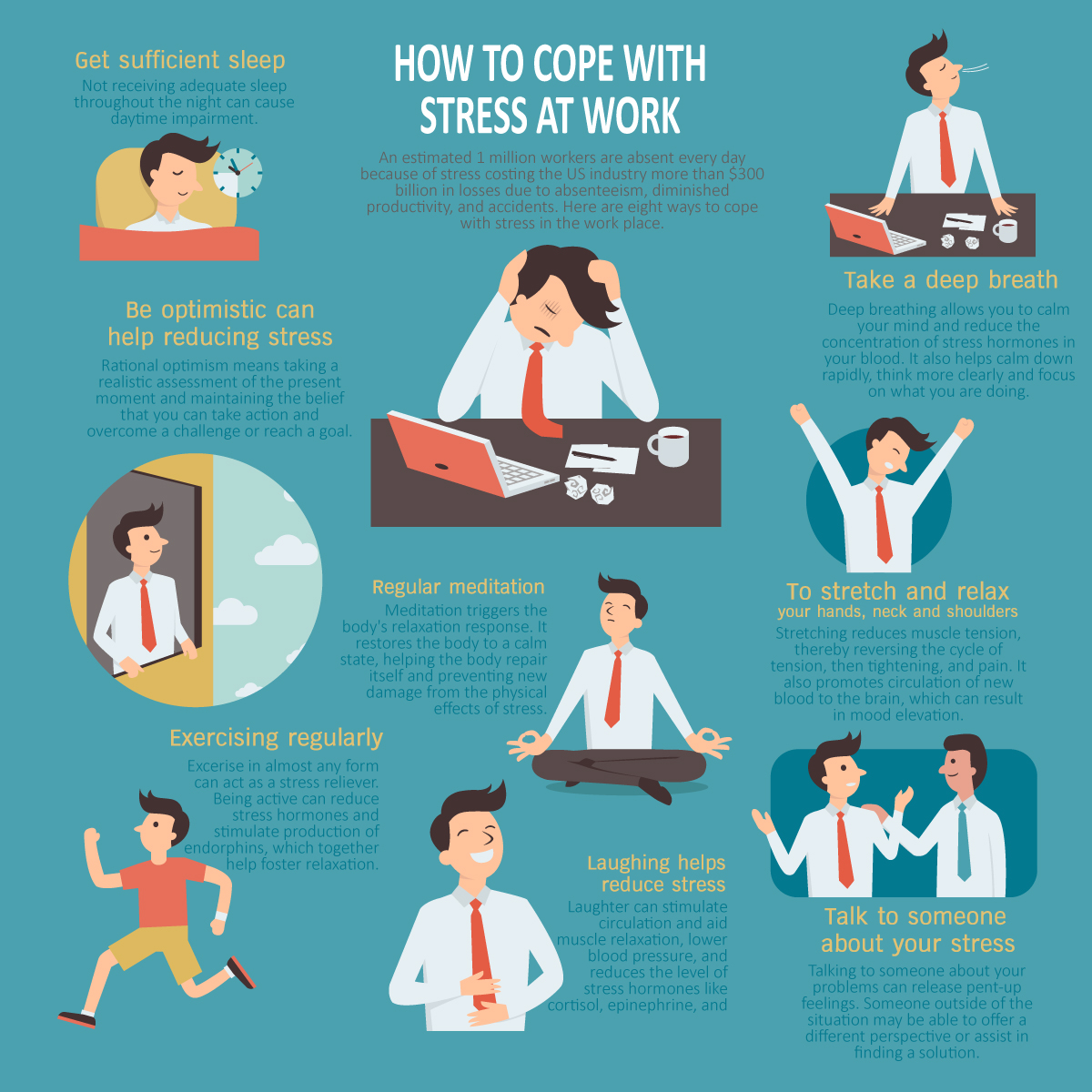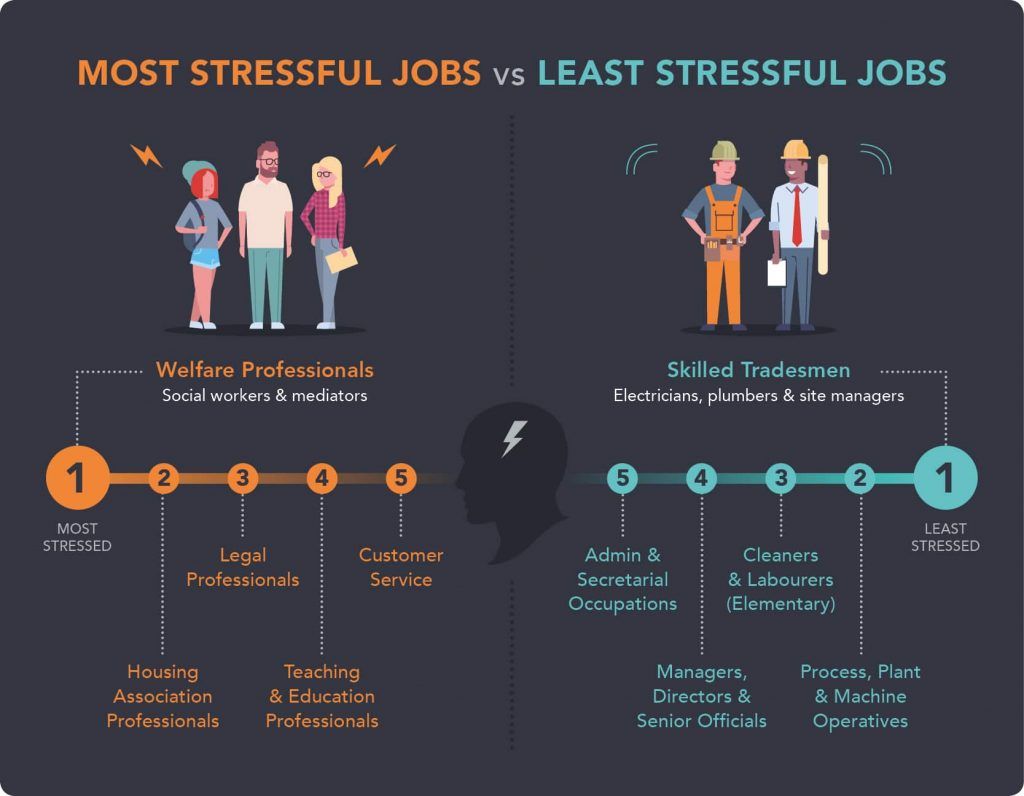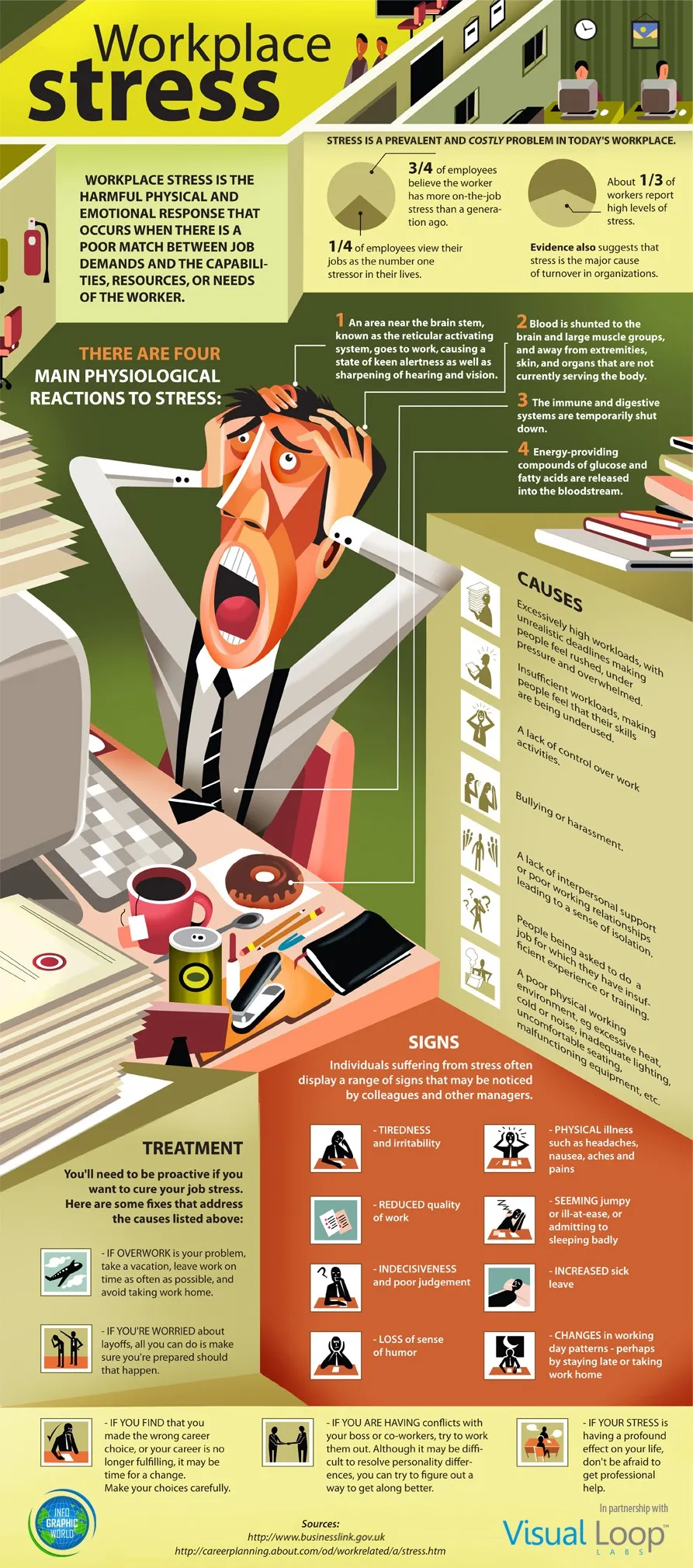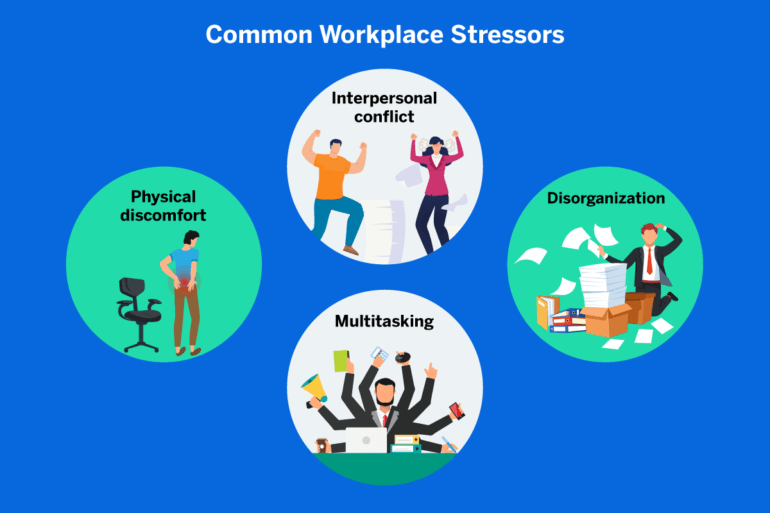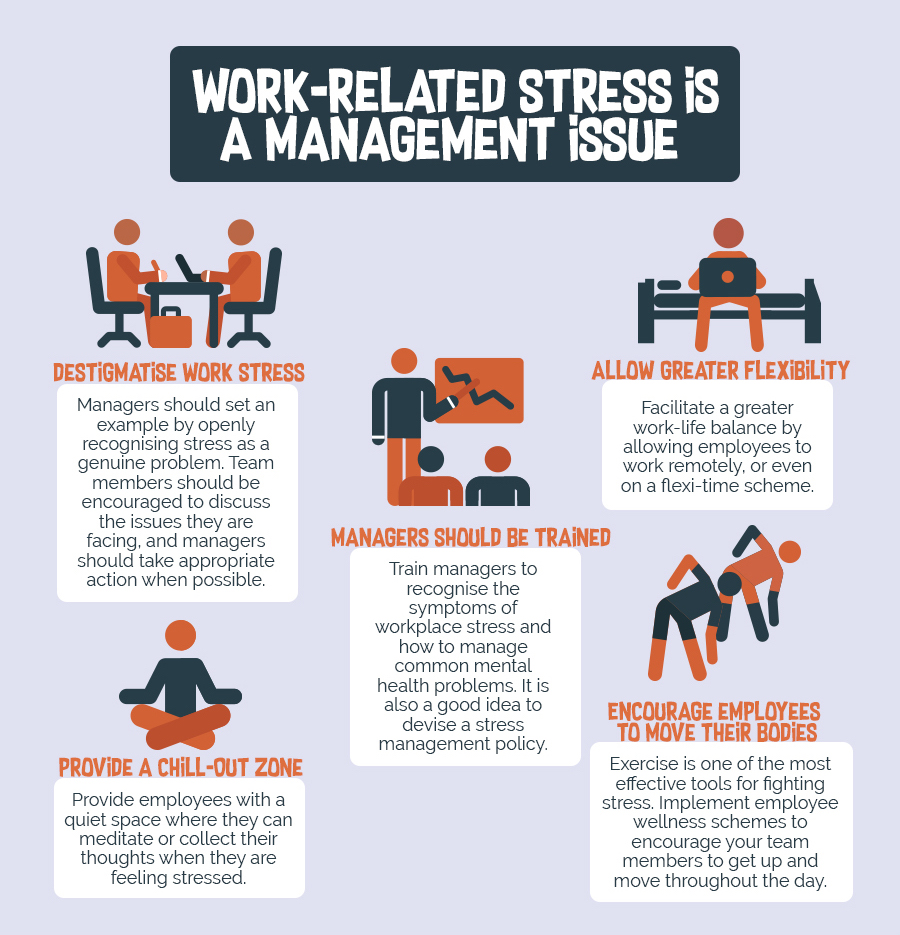Signs That Your Job Is Too Stressful
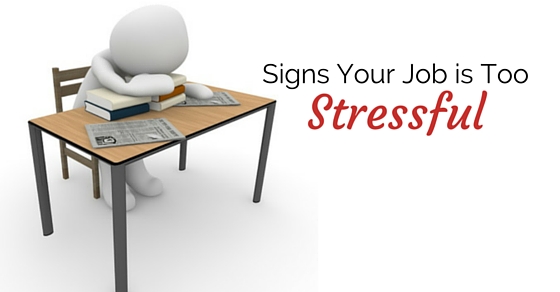
The relentless pressure of modern work is taking its toll. Burnout is no longer a buzzword but a widespread reality. Professionals across industries are increasingly finding themselves trapped in environments where stress levels are not just high, but dangerously unsustainable.
This article delves into the subtle yet significant signs that indicate your job is excessively stressful. We will explore the physical, emotional, and behavioral indicators that signal a need for change. Drawing on expert insights and research, we aim to equip readers with the knowledge to identify these warning signs and take proactive steps to safeguard their well-being.
Physical Manifestations of Job-Related Stress
Your body often signals distress long before your mind fully registers it. Frequent headaches are a common indicator of chronic stress. Tension headaches, often described as a tight band around the head, can be directly linked to the pressures of the workplace.
Digestive issues, such as irritable bowel syndrome (IBS) or persistent stomach upset, can also be triggered by stress. According to the American Psychological Association, the gut-brain connection is strong. Psychological stress can disrupt the digestive process.
Sleep disturbances are another red flag. Difficulty falling asleep, staying asleep, or waking up feeling unrefreshed are all potential signs that work-related stress is impacting your health.
Muscle tension, particularly in the neck, shoulders, and back, is a frequent complaint among those in stressful jobs. This tension can lead to chronic pain and discomfort, further exacerbating stress levels.
Emotional and Psychological Warning Signs
Beyond physical symptoms, job stress manifests in a range of emotional and psychological changes. Increased anxiety and irritability are common indicators. Feeling constantly on edge or easily agitated can be a sign that you are struggling to cope with workplace demands.
Difficulty concentrating is another key symptom. When stress levels are high, it becomes challenging to focus on tasks, remember details, and make sound decisions. This can lead to decreased productivity and increased feelings of inadequacy.
A persistent sense of overwhelm is a serious warning sign. Feeling like you are constantly drowning in tasks and responsibilities can lead to burnout and a decline in mental health.
Experiencing feelings of detachment or cynicism towards your work can indicate a deeper problem. This emotional distancing is often a coping mechanism for dealing with overwhelming stress.
Behavioral Changes as Indicators of Stress
Changes in behavior can also signal that your job is excessively stressful. Increased absenteeism, even for minor ailments, may suggest an underlying issue. People might avoid work due to the stress it causes.
Social withdrawal is another common behavioral change. Individuals may isolate themselves from colleagues, friends, and family as a way to cope with stress. According to a study by the World Health Organization, social support is crucial for managing stress.
Changes in eating habits, such as overeating or loss of appetite, can also be indicative of stress. Some people turn to food for comfort, while others lose interest in eating altogether.
Increased reliance on alcohol or other substances is a dangerous coping mechanism. While it may provide temporary relief, it can lead to long-term health problems and exacerbate stress levels.
Seeking Help and Taking Action
Recognizing these signs is the first step. The next step is to seek help and take proactive measures to address the underlying issues. Talking to your supervisor or HR department about your concerns is crucial.
Many companies offer employee assistance programs (EAPs) that provide confidential counseling and support services. Taking advantage of these resources can be beneficial in managing stress and finding solutions.
Setting boundaries is essential for protecting your well-being. This includes setting realistic expectations for your workload, taking regular breaks, and disconnecting from work outside of business hours. Prioritizing self-care is not a luxury but a necessity for managing stress.
In some cases, changing jobs may be the best solution. If the work environment is consistently toxic or unsustainable, leaving for a less stressful position may be the only way to safeguard your health.
The Future of Workplace Stress Management
As awareness of workplace stress grows, companies are increasingly focusing on employee well-being. Initiatives such as flexible work arrangements, mental health days, and mindfulness programs are becoming more common.
However, a fundamental shift in workplace culture is needed. Creating a supportive and understanding environment where employees feel valued and respected is crucial for preventing burnout. According to a report by Deloitte, companies that prioritize employee well-being tend to have higher retention rates and increased productivity.
Ultimately, managing job-related stress is a shared responsibility. Individuals must be proactive in recognizing and addressing their own stress levels, while companies must create environments that support employee well-being. By working together, we can create healthier and more sustainable workplaces for all.



